Join us for a virtual panel discussion on journalism and psychedelics co-sponsored by the U.C. Berkeley Graduate School of Journalism and the U.C. Berkeley Center for the Science of Psychedelics.
We are in a new, fast moving psychedelic era. Nearly a third of U.S. states have introduced psychedelics-related legislation already in 2023. In February, Australia declared MDMA and psilocybin to be therapeutic drugs that psychiatrists can start prescribing in July to patients diagnosed with PTSD and/or treatment-resistant depression. Experts predict that in the U.S. MDMA for the treatment of PTSD could be approved by the Food and Drug Administration in the next year or two. Meanwhile, in a federal government survey, more young people reported taking psychedelics in 2021 than in any year since the question was added to the survey in 1988. So, how are journalists covering and thinking about these rapidly evolving stories that touch on everything from neuroscience to the Drug Enforcement Agency to patent law? Is a new psychedelics reporting beat emerging in journalism? What do journalists need to know to report knowledgeably on the subject? How do reporters navigate the hype cycle? What questions should journalists and editors be asking about psychedelics?
MODERATOR

Tim Ferriss
Tim Ferriss has been listed as one of Fast Company’s “Most Innovative Business People” and one of Fortune’s “40 under 40.” He is an early-stage technology investor/advisor (Uber, Facebook, Shopify, Duolingo, Alibaba, and 50+ others) and the author of five #1 New York Times and Wall Street Journal bestsellers, including The 4-Hour Workweek and Tools of Titans: The Tactics, Routines, and Habits of Billionaires, Icons, and World-Class Performers. The Observer and other media have called Tim “the Oprah of audio” due to the influence of The Tim Ferriss Show podcast, which is the first business/interview podcast to exceed 100 million downloads. It has now exceeded 900 million downloads. To support high quality, independent journalism on psychedelics, in 2022 Tim funded a new journalism fellowship at the U.C. Berkeley Graduate School of Journalism.
Watch a recording of the event:
PANELISTS
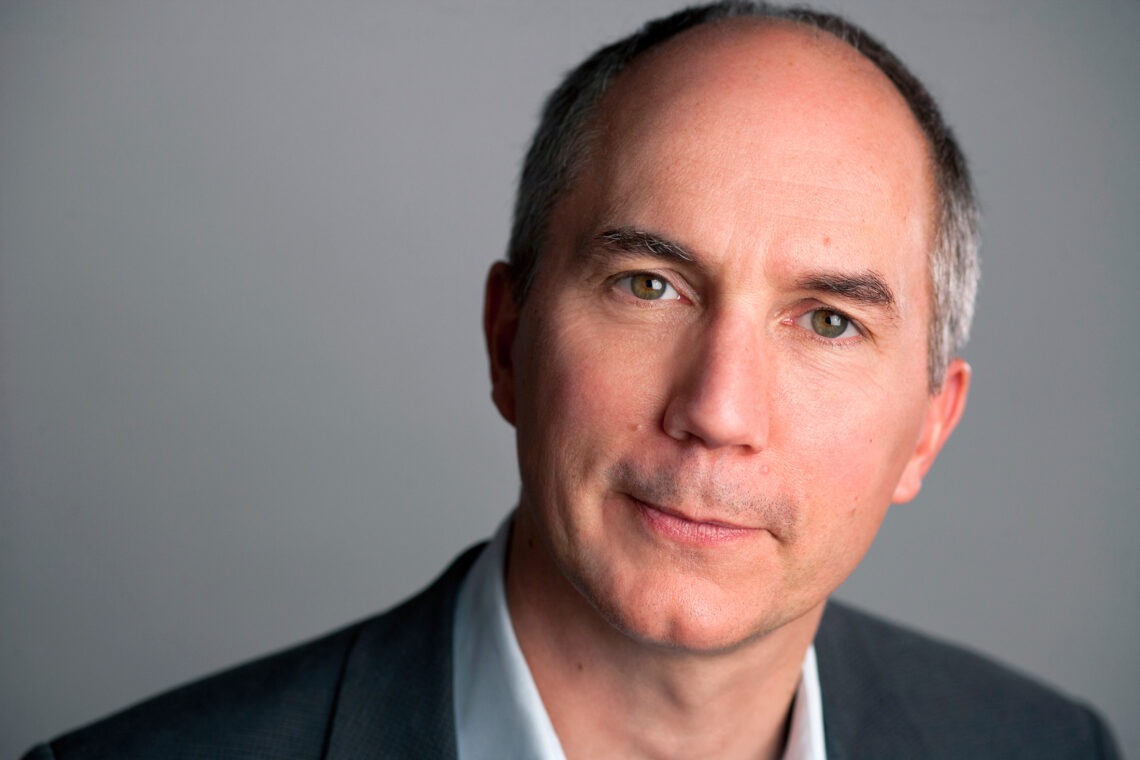
Alan Burdick
Alan Burdick is a senior staff editor on the science desk of The New York Times and is the author of “Why Time Flies: A Mostly Scientific Investigation.” His first book, “Out of Eden: An Odyssey of Ecological Invasion,” was a National Book Awards finalist and won the Overseas Press Club award for environmental reporting. Alan has worked as an editor at several publications, including The New Yorker, The New York Times Magazine and Discover. His writing has appeared there and in Harper’s, GQ, Natural History, On Earth, Outside, and the Best American Science and Nature Writing anthology. He has been a Guggenheim Fellow and is the namesake of asteroid number 9291. Alan is a member of the selection committee for the Ferriss – UC Berkeley Psychedelic Journalism Fellowship. He lives with his family outside of New York.
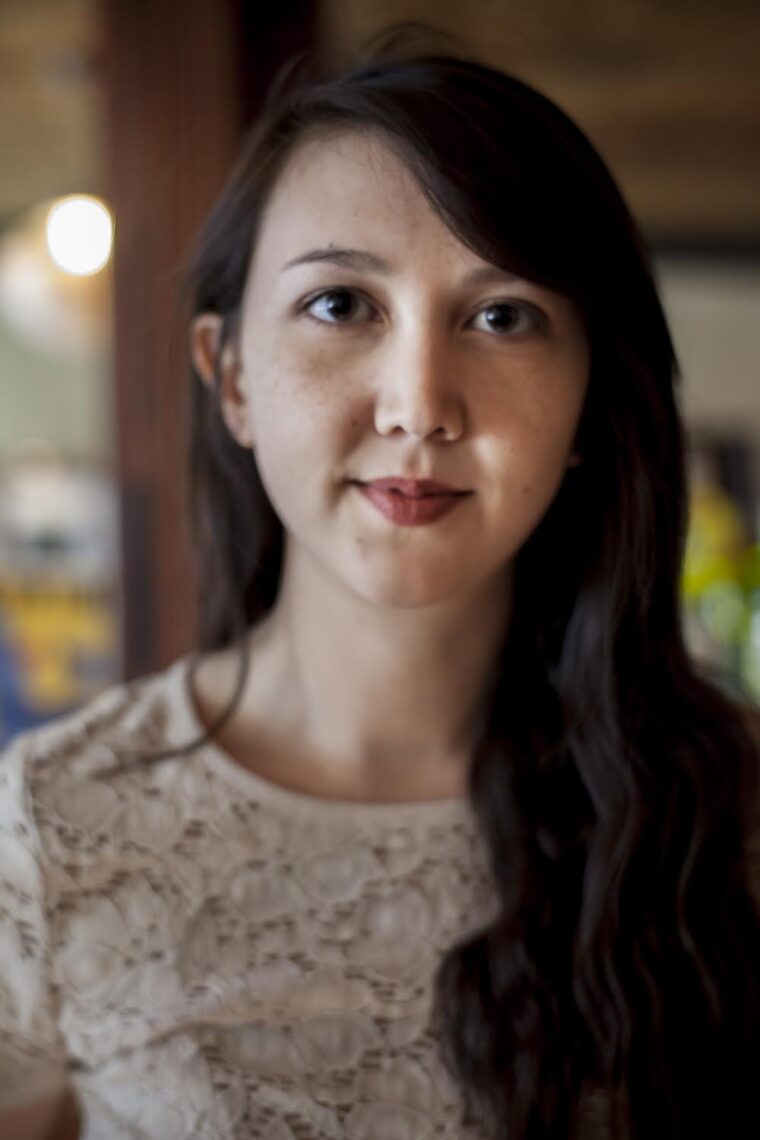
Shayla Love
Shayla Love is an award-winning freelance journalist based in Brooklyn. Before that she was a senior staff writer at Vice News for five years where she wrote about health, science, psychology, and psychedelics. She has a master’s degree in science journalism from Columbia University, and her work has appeared in Mosaic, STAT, Undark, The Washington Post, the Kenyon Review, the Atlantic, Vice, Harper’s Magazine, Gothamist, and others. Shayla is a 2022 recipient of The Ferriss – UC Berkeley Psychedelic Journalism Fellowship.
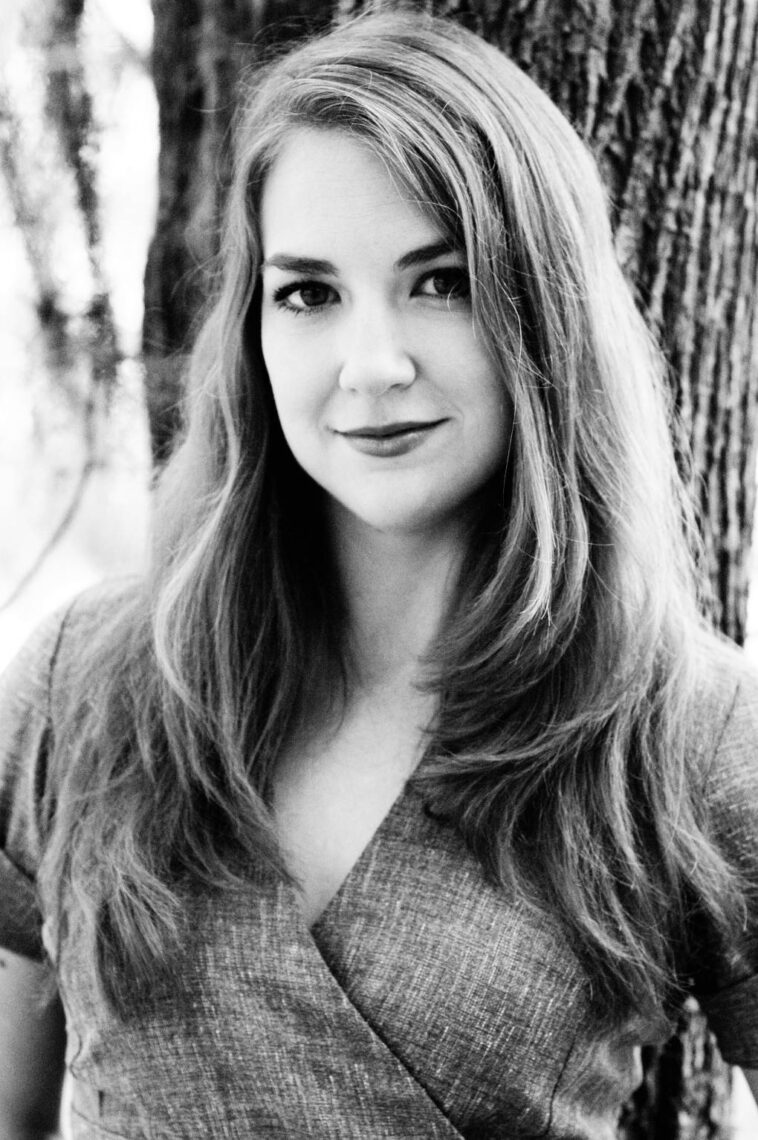
Rachel Nuwer
Rachel Nuwer is an award-winning freelance science journalist and author. She regularly contributes to The New York Times, National Geographic, Scientific American and more. She often writes about conservation, ecology and illegal wildlife trade, the latter of which was the subject of her first book, Poached: Inside the Dark World of Wildlife Trafficking. More recently, she has expanded her beat to include psychedelic science as well. Her second book, I Feel Love: MDMA and the Quest for Connection in a Fractured World, will be published in June 2023 with Bloomsbury and will explore the science, history, politics and culture of MDMA. Rachel is a 2022 recipient of The Ferriss – UC Berkeley Psychedelic Journalism Fellowship. For her fellowship story, she produced a feature story for National Geographic about Gabon’s effort to establish a fair trade program for iboga, a Central African plant from which most of the world’s ibogaine is derived.
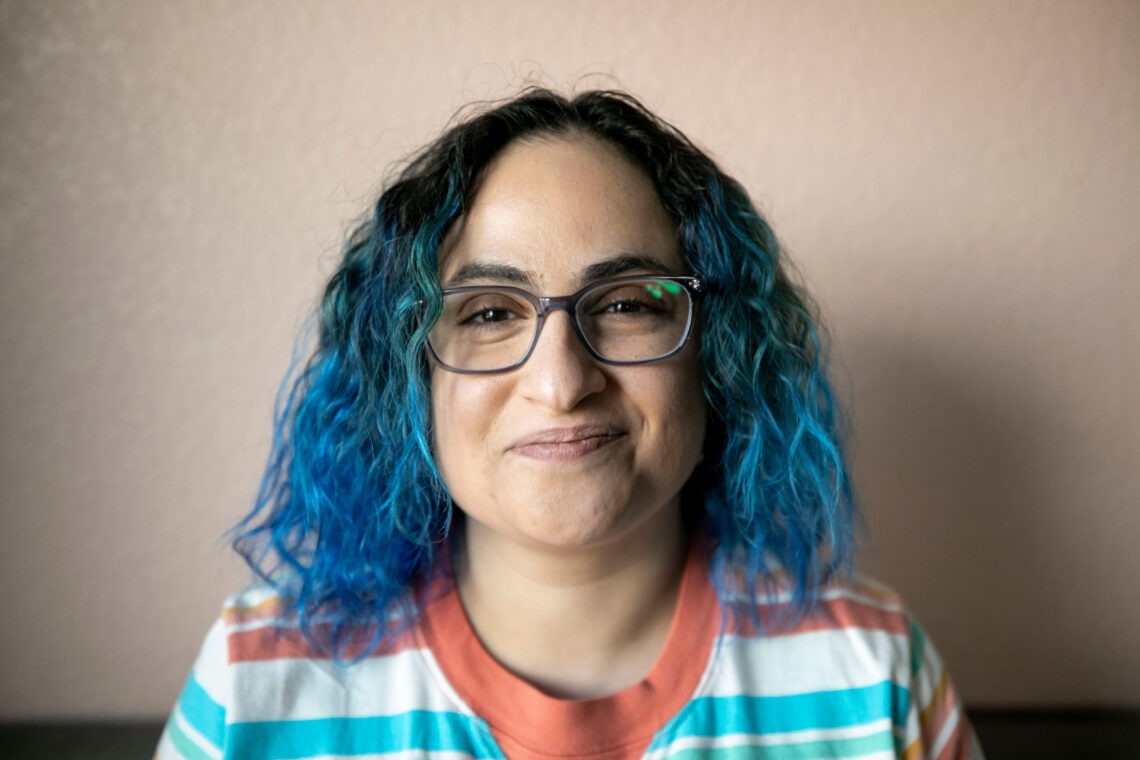
Ann Marie Awad
Ann Marie Awad is a 2022 Ferriss – UC Berkeley Psychedelic Journalism Fellow developing a podcast about modern American drug policy that attempts to address everything from psychedelics to fentanyl. Awad created the podcast “On Something” in 2019, all about life after cannabis legalization, spotlighting personal stories of real people caught in the gears of shifting drug policies. A journalist for more than a decade, Awad has worked in public radio newsrooms in three states as well as airing stories on NPR. An alumni of the Newmark Graduate School of Journalism in New York City, Awad is based in Denver, Colorado.
Introduction by Professor Michael Pollan
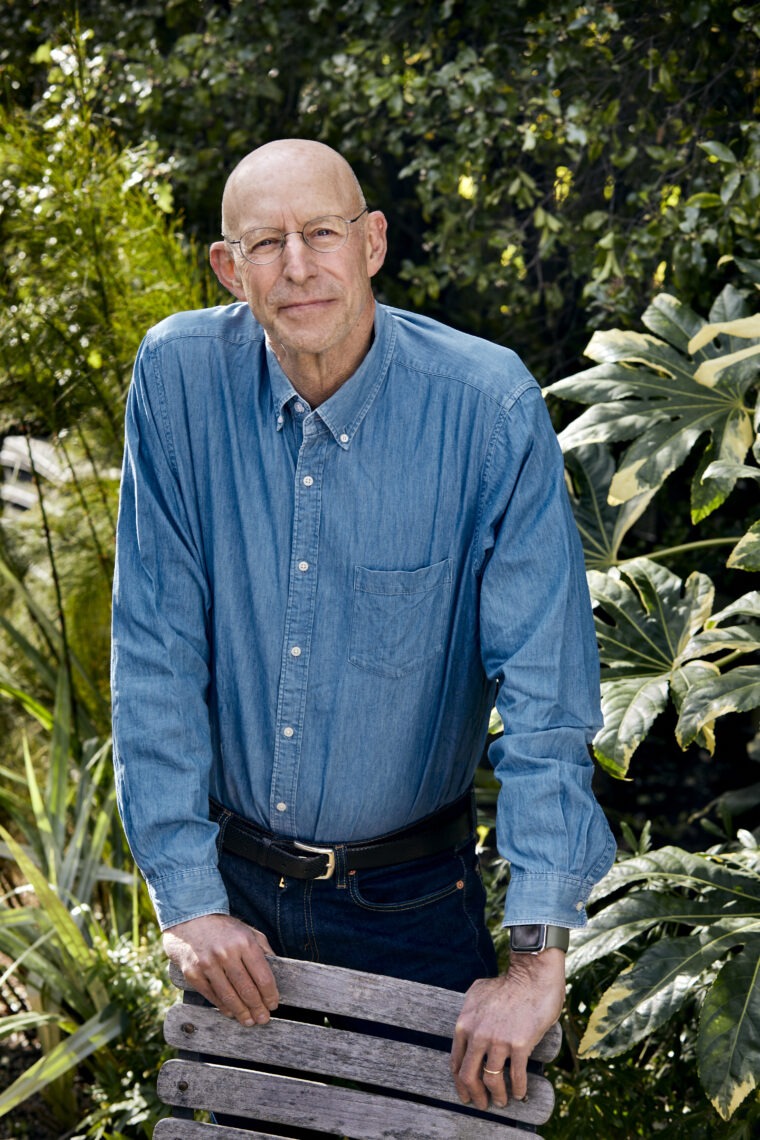
Photo credit: Tabitha Soren
For more than thirty years, Michael Pollan has been writing books and articles about the places where the human and natural worlds intersect: on our plates, in our farms and gardens, and in our minds. Pollan is the author of eight books, six of which have been New York Times bestsellers; three of them (including his latest, How to Change Your Mind) were immediate #1 New York Times bestsellers. Previous books include Cooked (2013), Food Rules (2009), In Defense of Food: An Eater’s Manifesto (2008) and The Omnivore’s Dilemma: A Natural History of Four Meals (2006), which was named one of the ten best books of 2006 by both the New York Times and the Washington Post.
In 2020, along with Dacher Keltner and others, he co-founded the UC Berkeley Center for the Science of Psychedelics. The center conducts research using psychedelics to investigate cognition, perception and emotion and their biological bases in the human brain. In addition to teaching, he lectures widely on food, agriculture, health, and psychedelic science.

SPONSORED BY
U.C. Berkeley Center for the Science of PsychedelicsLOCATION
TICKET INFO
This is a FREE event.
Tax-deductible donations from the J-School community help make this possible.
Tickets required
